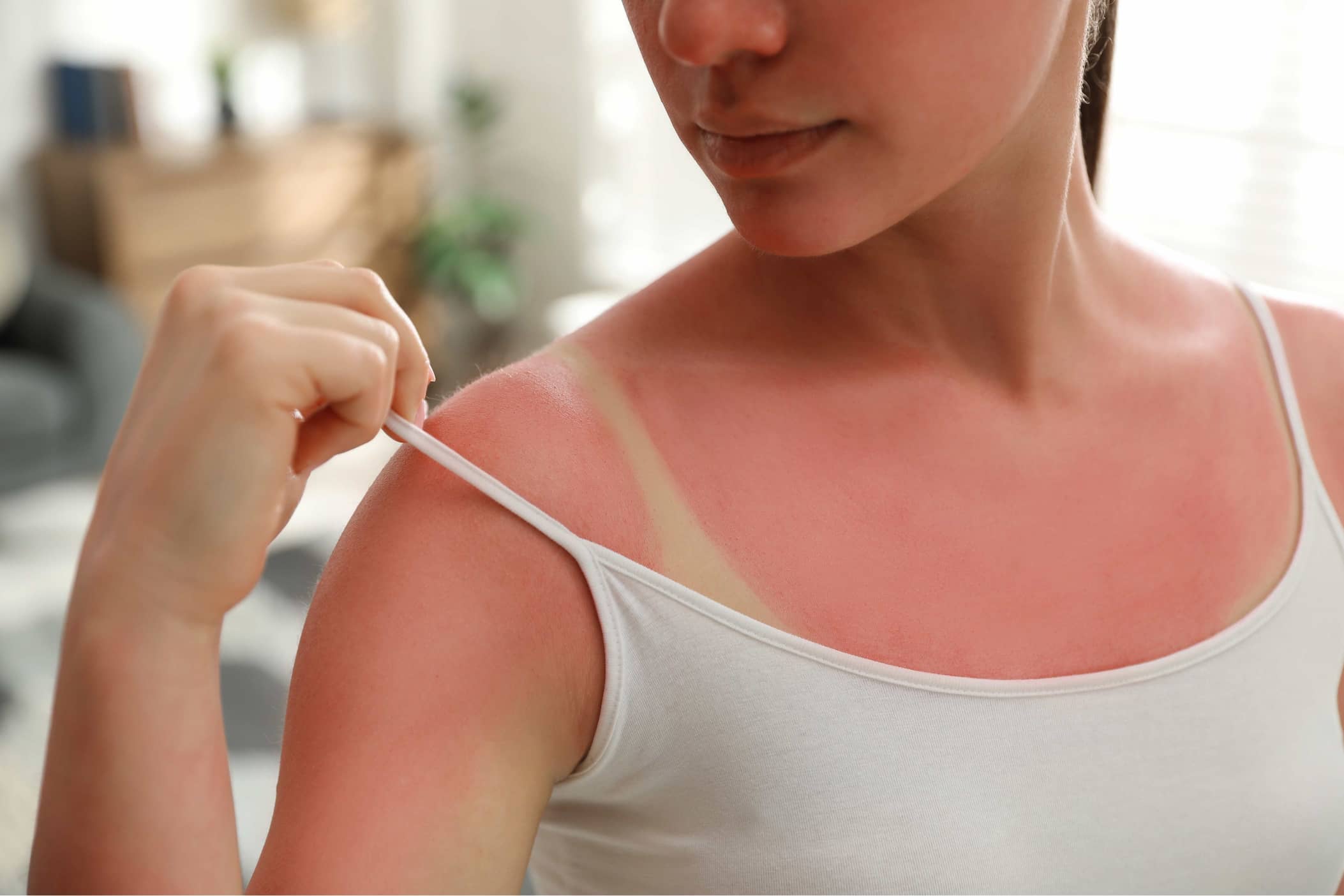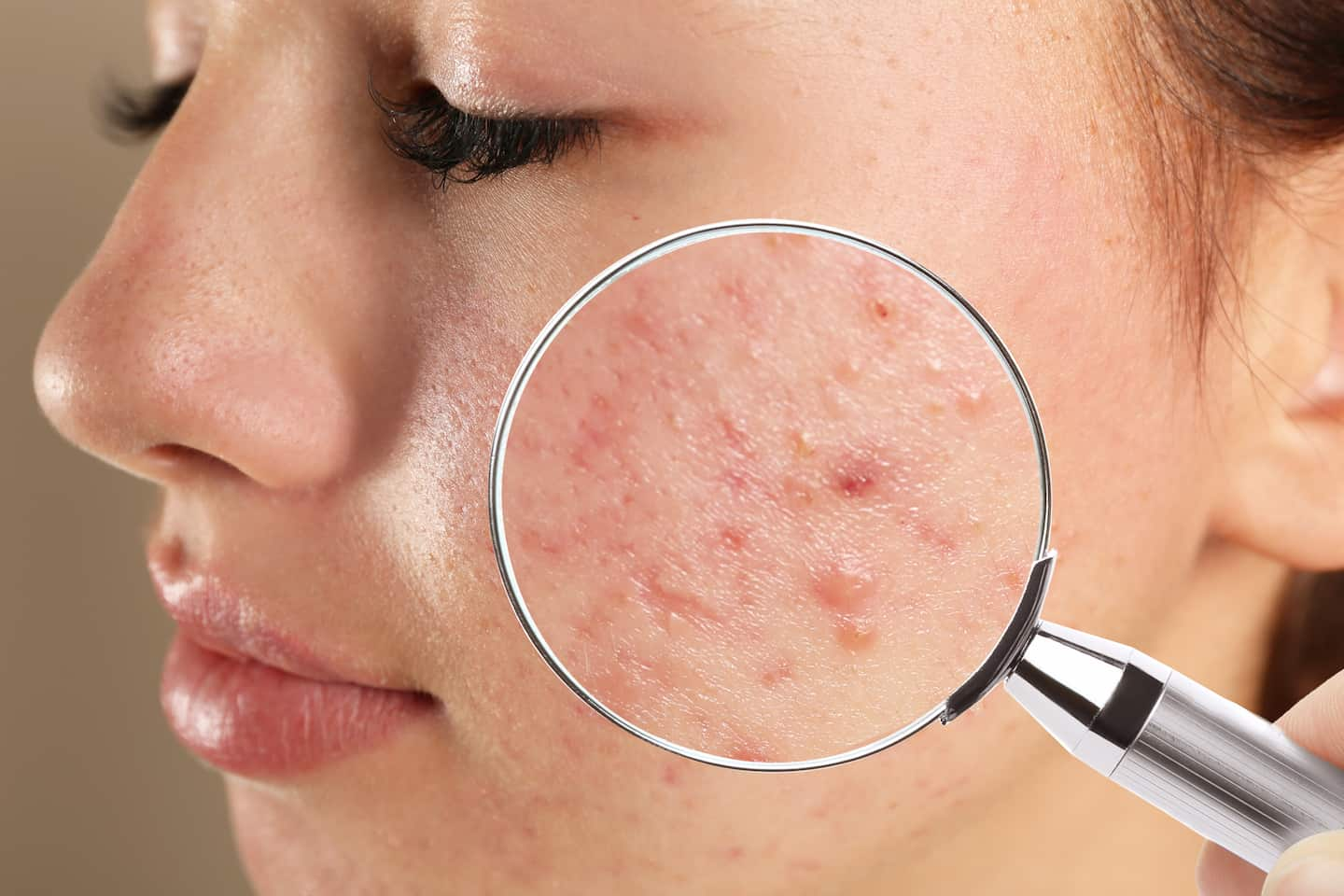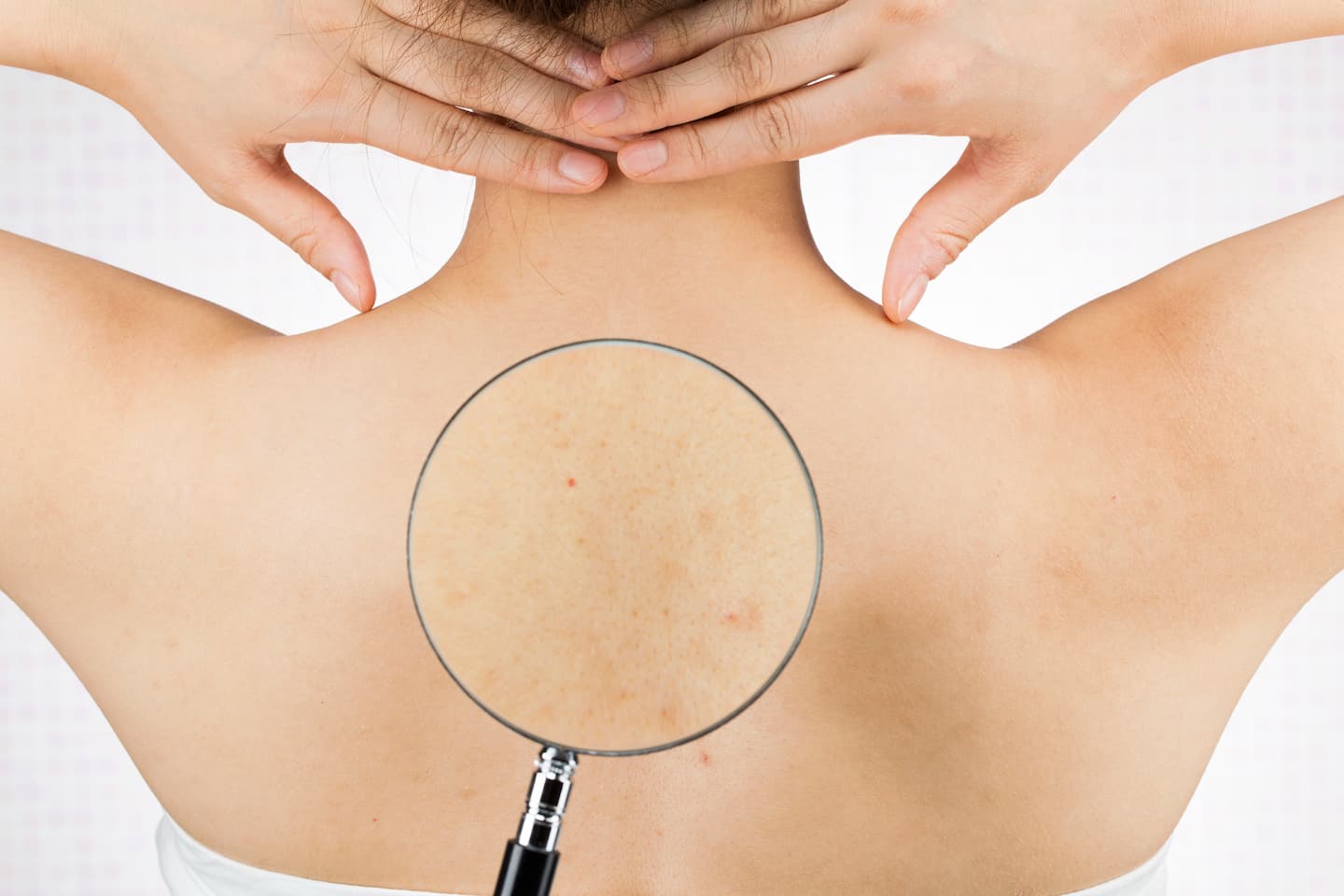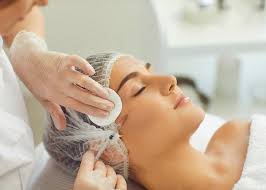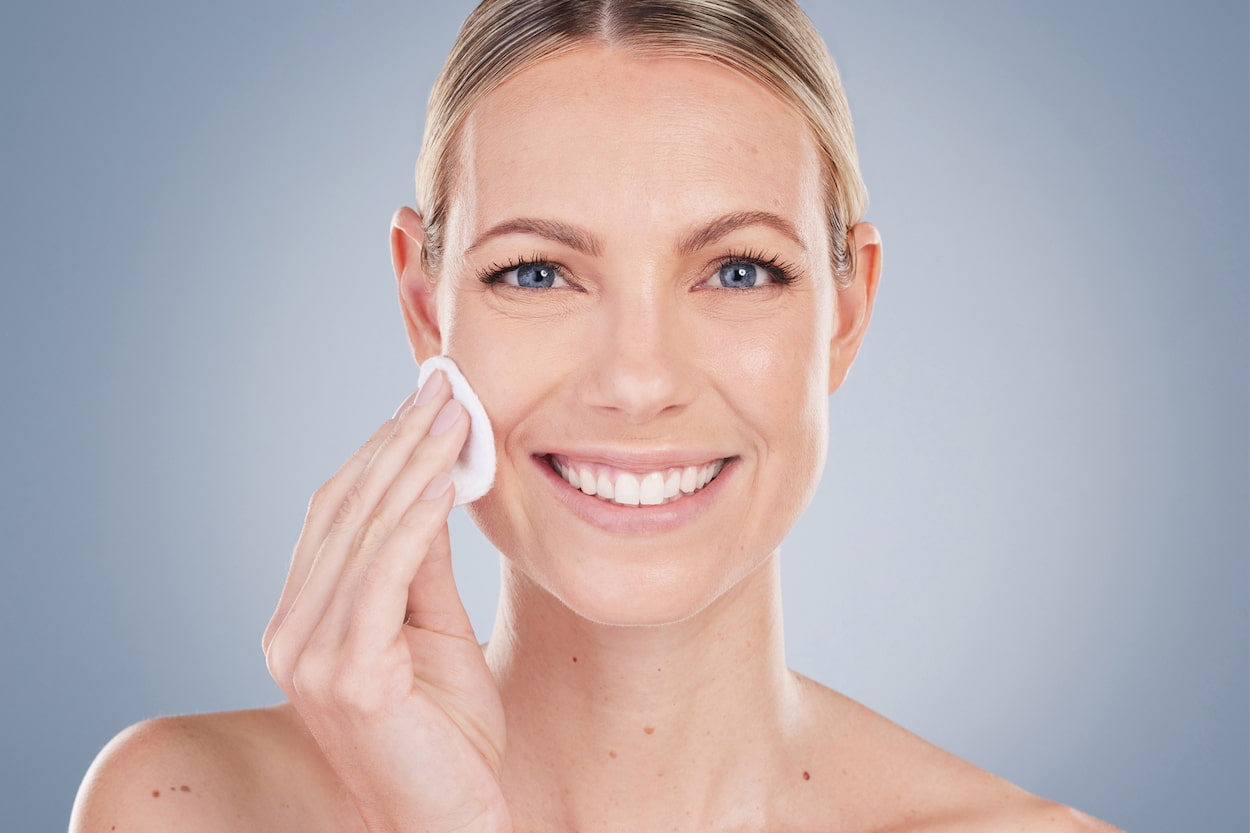
10 Surprising Causes of Clogged Pores on Your Face and How to Fix Them?
As the largest organ of the body, the skin is often the first line of defense against environmental toxins and irritants. It's also the most exposed organ and requires proper care to function optimally. One of the most common skin problems people face is clogged pores on the face. This condition can be both unsightly and uncomfortable, leading to acne breakouts, blackheads, and other skin blemishes. In this article, we'll explore the 10 surprising causes of clogged pores on your face and how to fix them.
What Are Clogged Pores?
What are clogged pores? Simply put, clogged pores occur when dirt, oil, and dead skin cells accumulate in your skin's hair follicles. When this happens, the pore becomes blocked, leading to the formation of blackheads, whiteheads, or acne.
Clogged pores can happen to anyone, regardless of their age, skin type, or gender. However, certain factors can increase your risk of developing this problem. For example, people with oily skin are more prone to clogged pores, as are those who wear heavy makeup or live in areas with high levels of pollution.
While clogged pores are generally not dangerous, they can be unsightly and uncomfortable. In some cases, they can even lead to infections or scarring if not treated properly. That's why it's important to understand the causes of clogged pores and take steps to prevent and treat them.

10 Surprising Causes of Clogged Pores on Your Face
Clogged pores on the face are a common skincare issue that can affect people of all ages and skin types. While many of us may assume that clogged pores are caused by poor hygiene or oily skin, the truth is that many surprising factors can contribute to this problem.
We'll explore 10 surprising causes of clogged pores on your face, from your hair products to your hormones. We'll also provide tips on how to unclog your pores and achieve clearer, healthier skin. Whether you're dealing with blackheads, whiteheads, or acne, understanding the causes of clogged pores can help you take the necessary steps to address the problem and prevent it from happening in the future.
Skipping sunscreen: Sun damage is one of the leading causes of clogged pores. When you skip sunscreen, your skin becomes more vulnerable to UV damage, which can cause inflammation and acne breakouts. Always wear a broad-spectrum sunscreen with at least SPF 30 to protect your skin from the harmful effects of the sun.
Over-Cleansing: While it's essential to keep your face clean, over-cleansing can strip your skin of its natural oils, causing it to produce more oil to compensate. This excess oil can lead to clogged pores and breakouts. Instead of using harsh cleansers, opt for gentle, non-comedogenic products that won't clog your pores.
Using heavy moisturizers: Moisturizing is an essential part of any skincare routine, but using heavy, thick creams can clog your pores. Look for lightweight, oil-free moisturizers that won't leave your skin feeling greasy or oily.
Wearing makeup to bed: Sleeping in your makeup can clog your pores and lead to breakouts. Always make sure to remove your makeup before going to bed, and follow up with a gentle cleanser and moisturizer.
Using dirty makeup brushes: Dirty makeup brushes can harbor bacteria and oil, leading to clogged pores and breakouts. Clean your brushes regularly with gentle soap and water or a specialized brush cleaner.
Using products that contain comedogenic ingredients: Comedogenic ingredients are substances that are known to clog pores. Some common comedogenic ingredients include coconut oil, cocoa butter, and lanolin. Check the labels of your skincare and makeup products for these ingredients, and avoid them if possible.
Not exfoliating regularly: Exfoliating helps remove dead skin cells and other debris from the surface of the skin, preventing them from clogging your pores. Use a gentle exfoliant once or twice a week to keep your skin smooth and radiant.
Not drinking enough water: Water is essential for healthy skin, and not drinking enough can lead to dryness and clogged pores. Make sure to drink at least eight glasses of water a day to keep your skin hydrated and glowing.
Stress: Stress can cause a range of skin problems, including clogged pores. When you're stressed, your body produces more cortisol, a hormone that can increase oil production and lead to breakouts. Find ways to manage your stress, such as yoga, meditation, or deep breathing exercises.
Genetics: Finally, some people are more prone to clogged pores due to their genetics. If your parents or siblings have a history of acne or other skin problems, you may be more likely to experience clogged pores as well. While you can't change your genetics, you can take steps to minimize the impact of clogged pores on your skin.
How to Unclog Clogged Pores on Your Face
Now that you know the surprising causes of clogged pores on your face, it's time to take action to unclog them. Here are some tips to help you get started:
Cleanse your face twice a day with a gentle, non-comedogenic cleanser.
Exfoliate once or twice a week with a gentle scrub or chemical exfoliant.
Moisturize with a lightweight, oil-free moisturizer to keep your skin hydrated.
Wear sunscreen every day to protect your skin from UV damage.
Avoid using heavy makeup or dirty makeup brushes that can clog your pores.
Check the labels of your skincare and makeup products for comedogenic ingredients and avoid them if possible.
Drink plenty of water to keep your skin hydrated and healthy.
Manage stress through exercise, meditation, or other stress-reducing activities.
Consider using a pore-cleansing mask or pore strips to remove dirt and oil from your pores.
If your clogged pores persist, consider consulting with a dermatologist who can recommend more advanced treatments, such as chemical peels or laser therapy.
Healthy Türkiye Notes
Clogged pores on the face can be frustrating and uncomfortable, but they are often preventable and treatable. By following the tips outlined in this article, you can help unclog your pores and achieve healthier, clearer skin. Remember to be patient and consistent with your skincare routine, and don't hesitate to seek professional help if needed.
